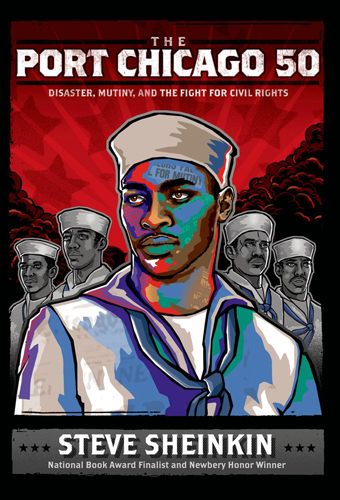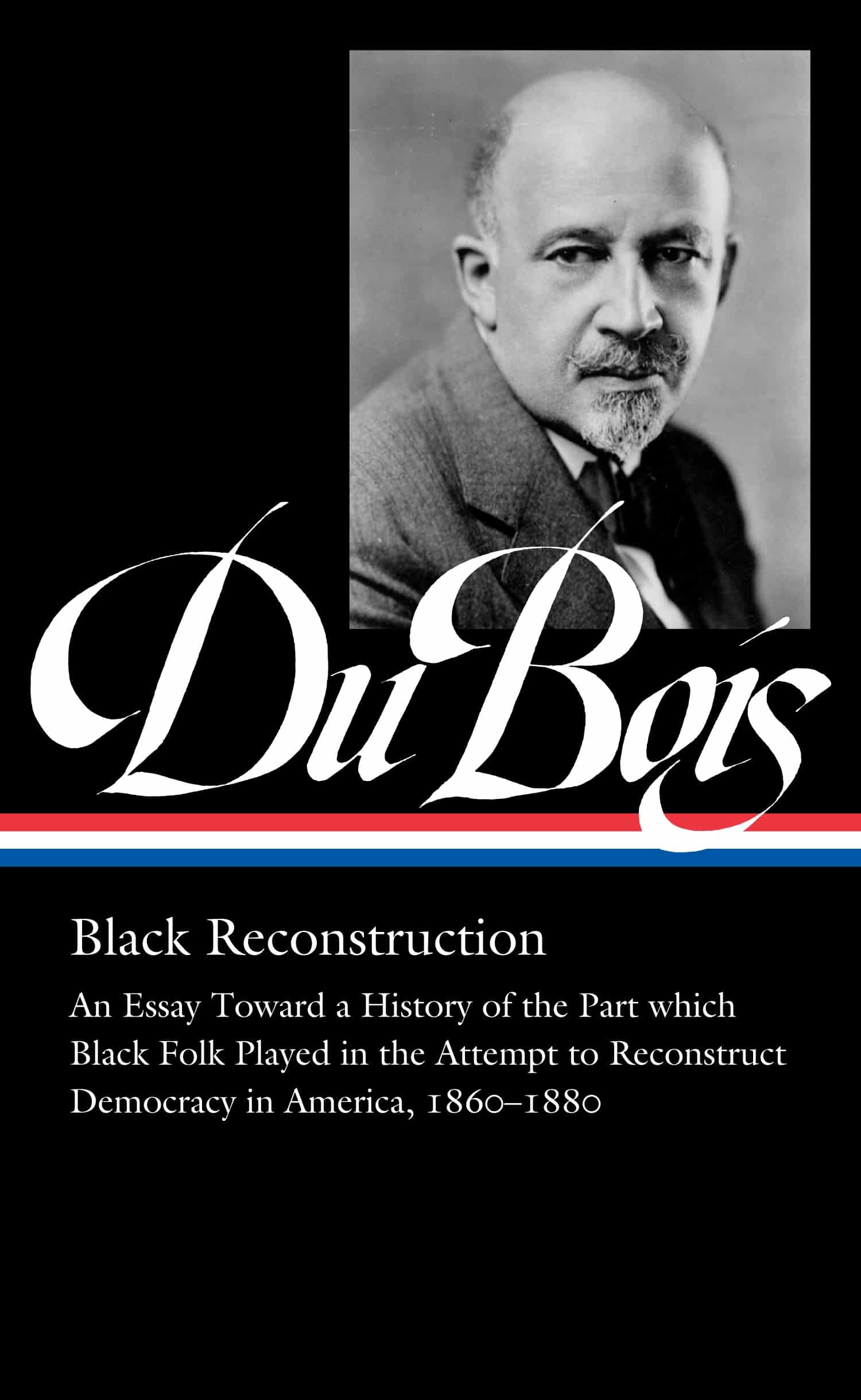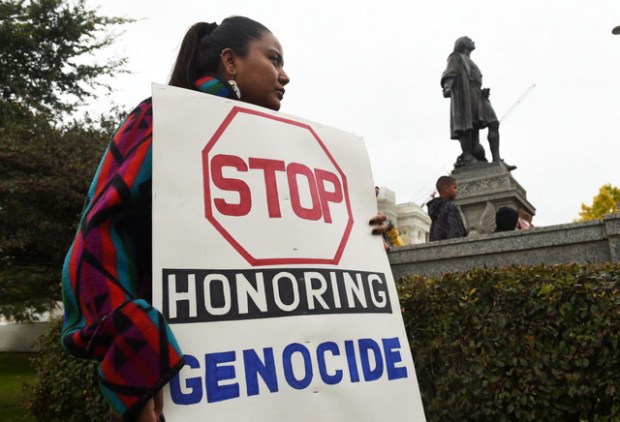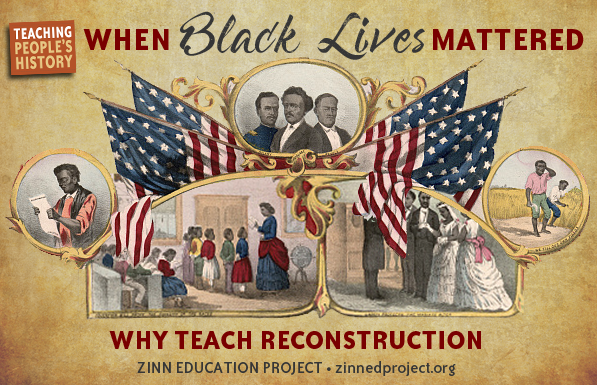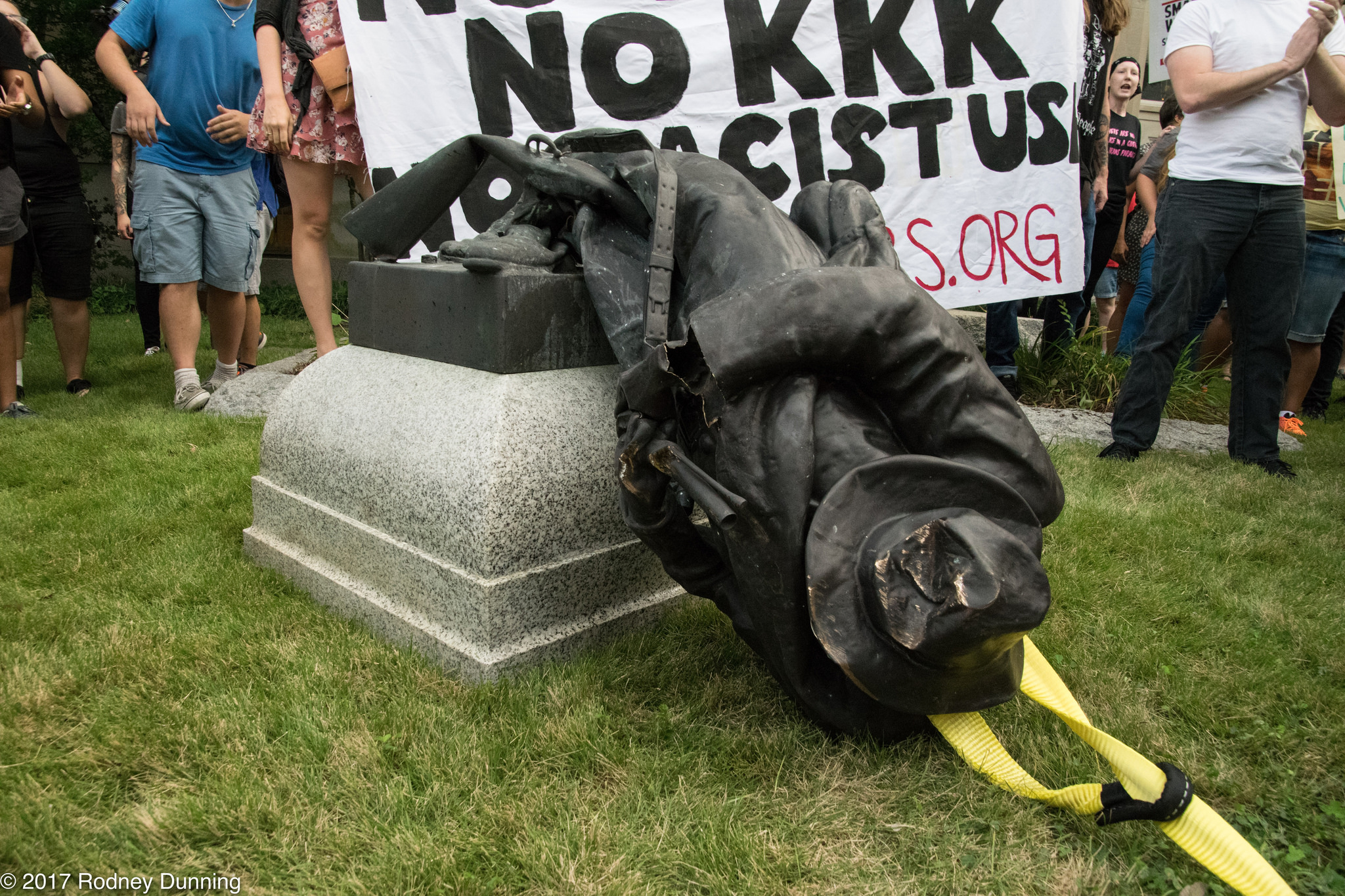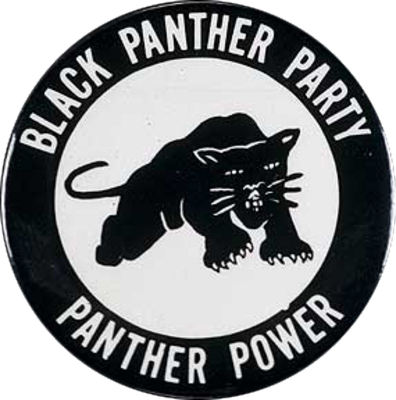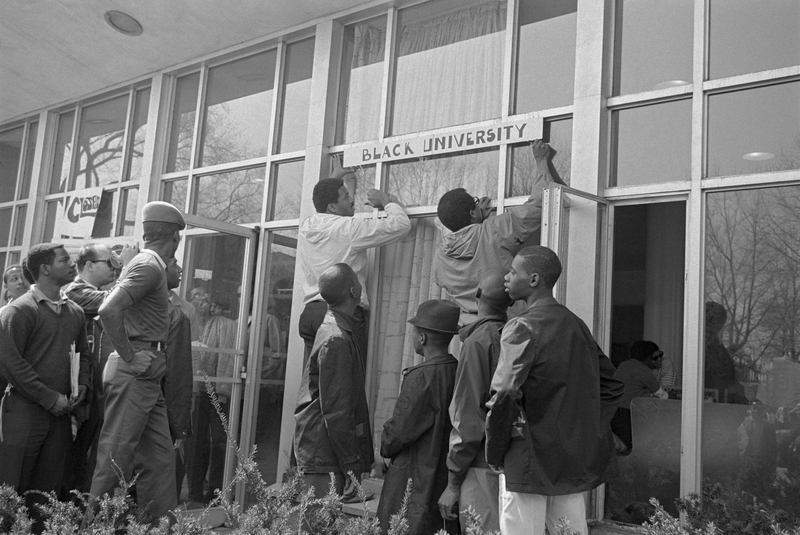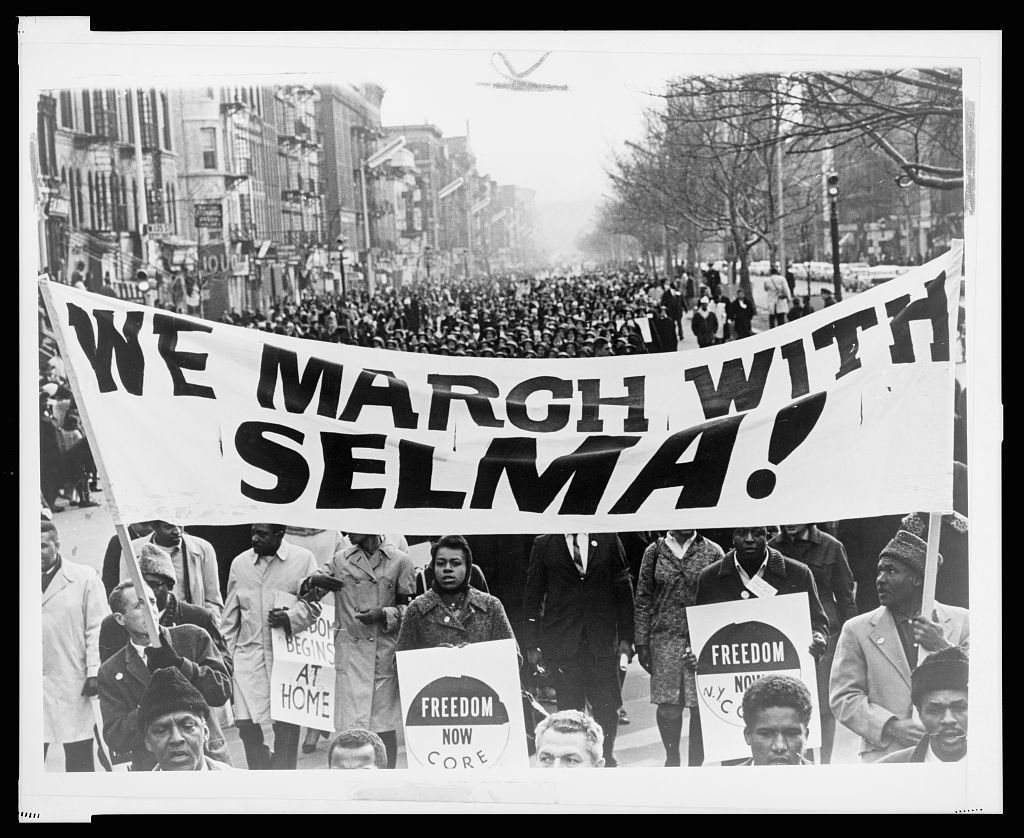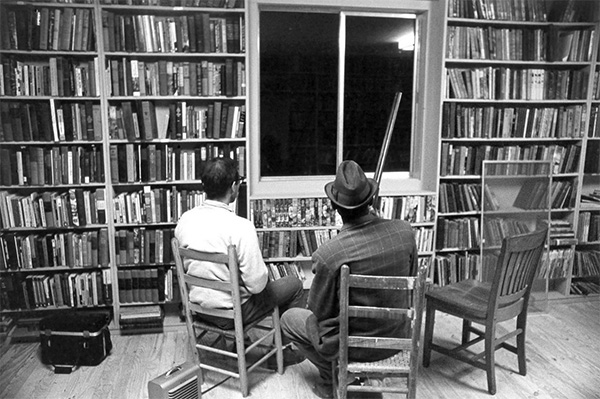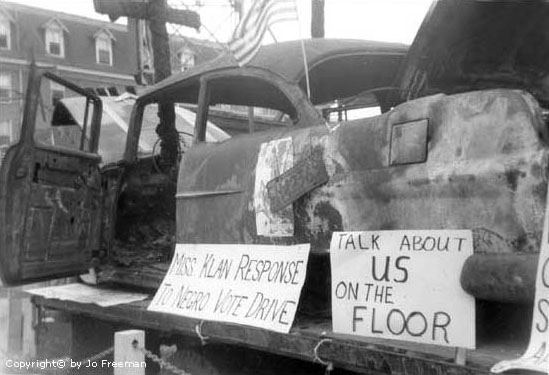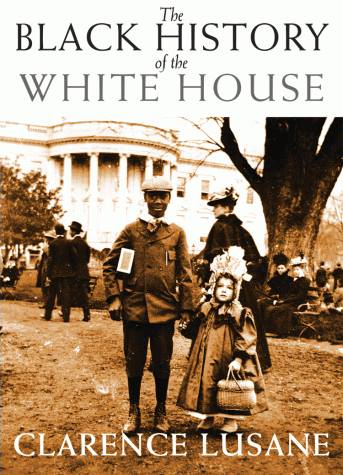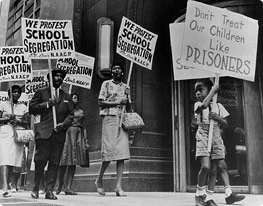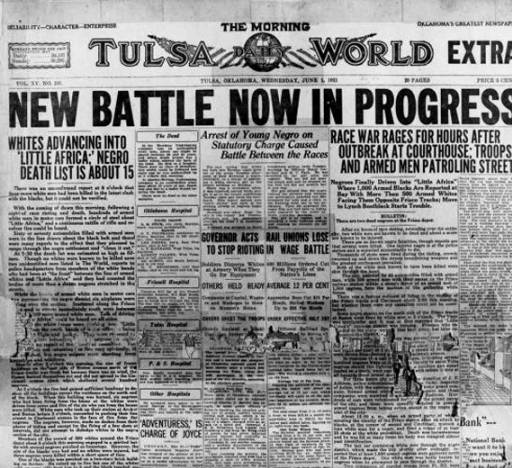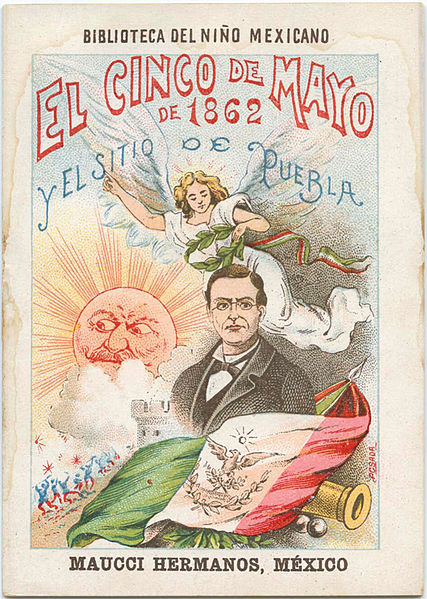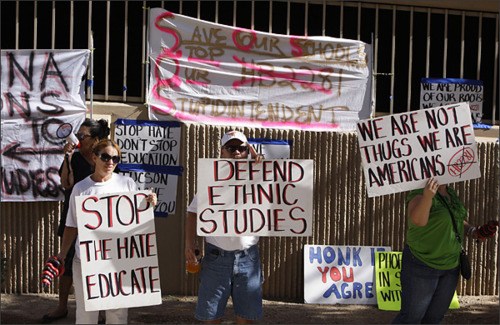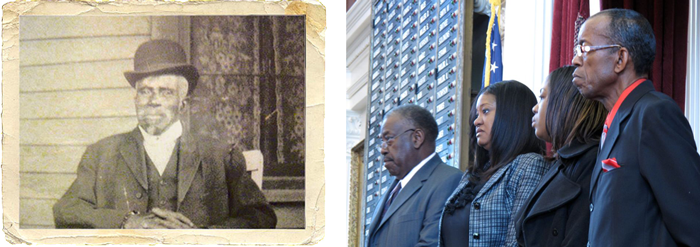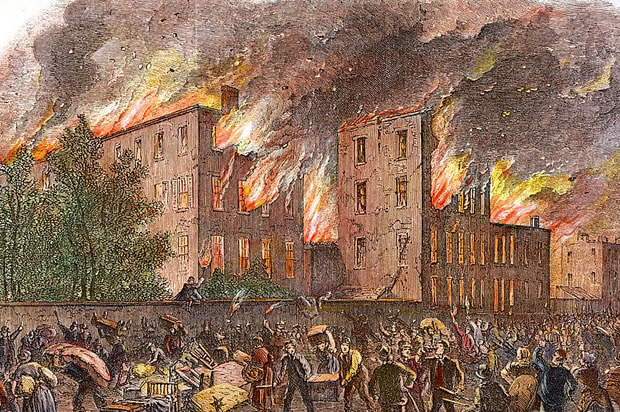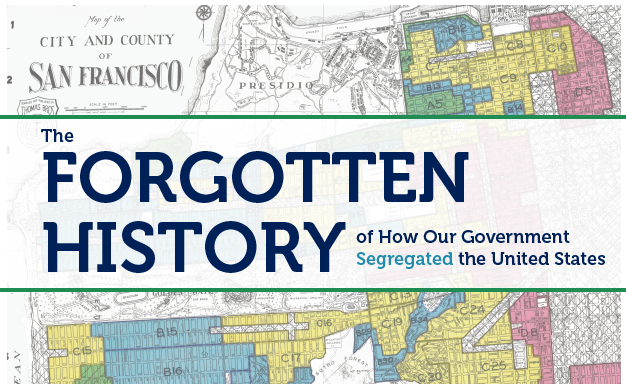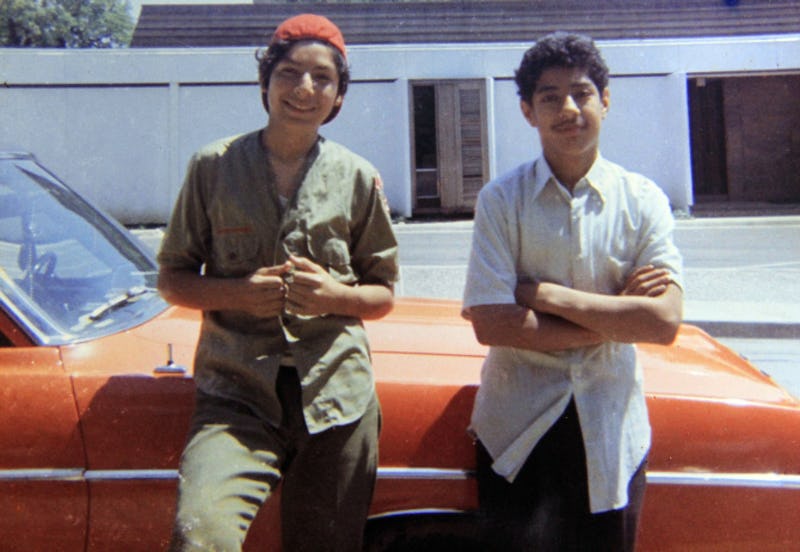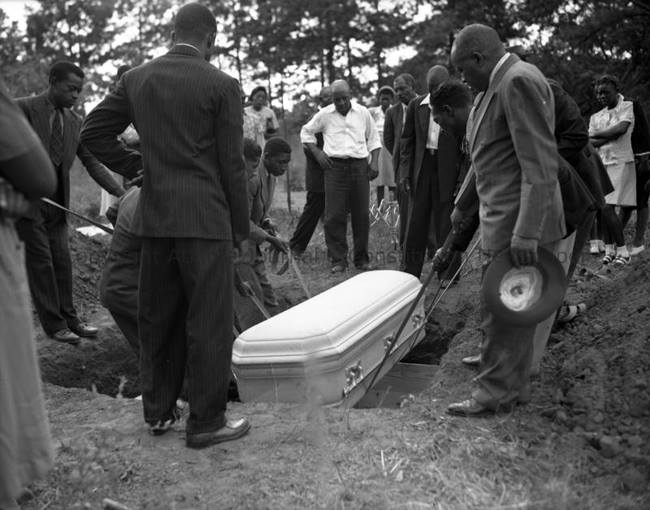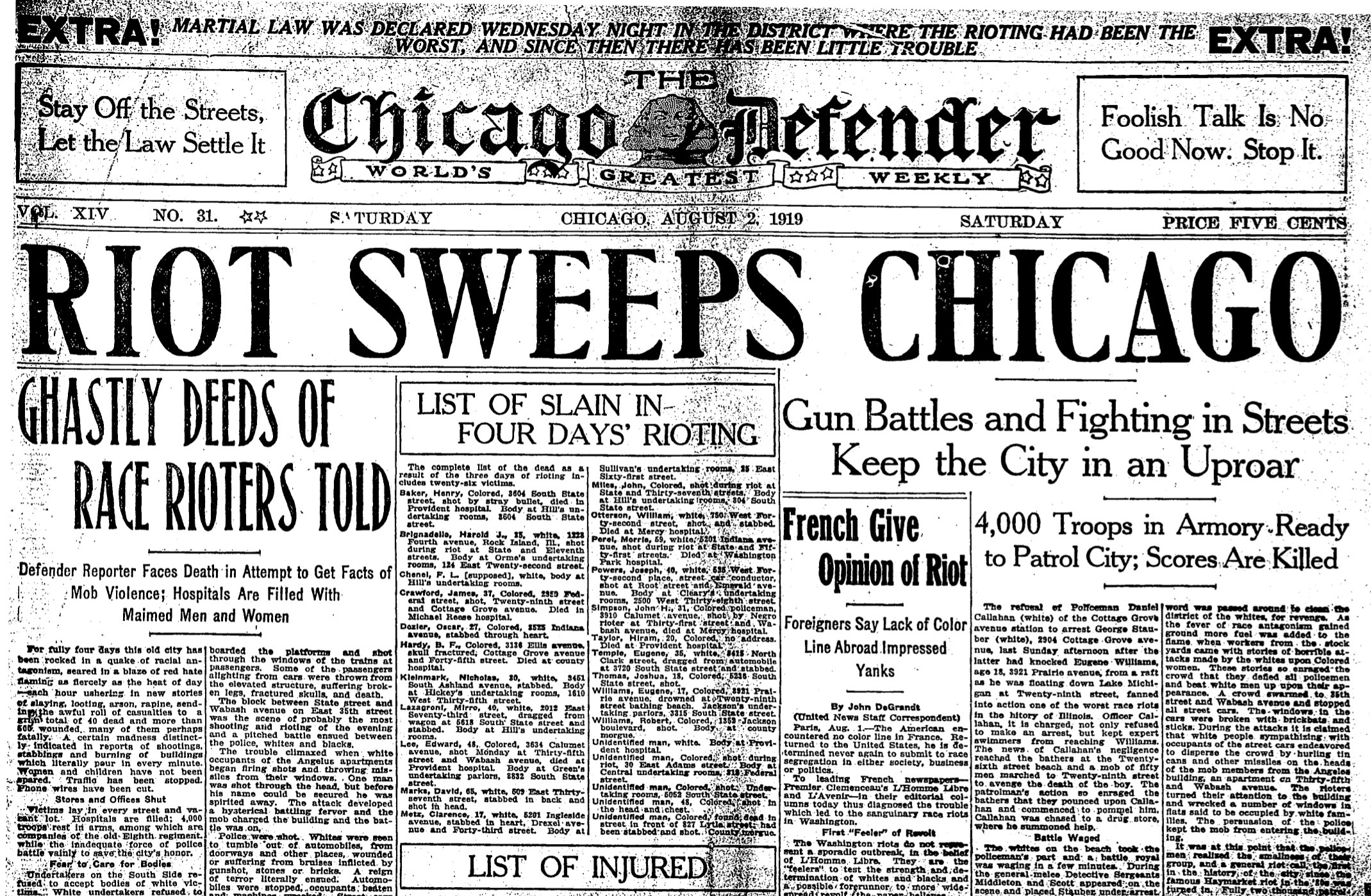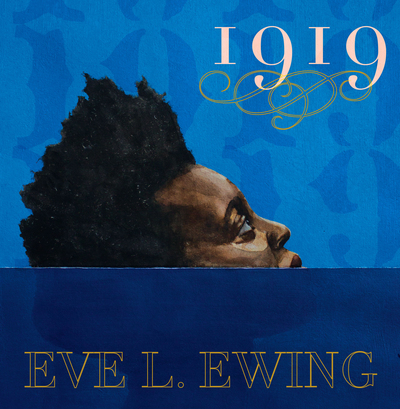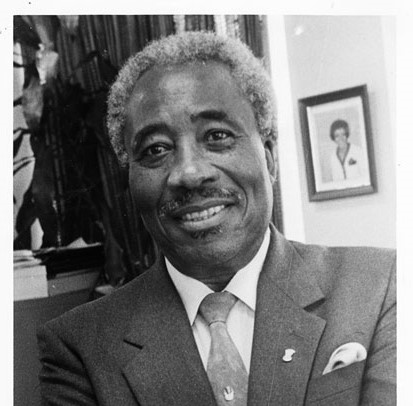Book — Non-fiction. By Steve Sheinkin. 2014. 208 pages.
The story of 50 African American sailors charged with mutiny during World War II for challenging working conditions after a deadly munitions explosion.
Continue reading
Book — Non-fiction. By W. E. B. Du Bois. Edited by Eric Foner and Henry Louis Gates. 2021. 1097 pages.
Originally published in 1935, Du Bois’ Black Reconstruction was the first book to challenge the prevailing racist historical narrative of the era and in sharp, incisive prose, tell the story of the Civil War and Reconstruction from the perspective of African Americans.
Continue reading
Citizens in the small, predominately African American town of Slocum, Texas, were massacred.
Continue reading
The New York City Draft Massacre (“Riots”) were the largest civil insurrection in U.S. history besides the Civil War itself. White mobs attacked the African American community — committing murder and burning homes and institutions (including an orphanage.)
Continue reading
Twelve-year-old Santos Rodriguez and his 13-year-old brother David were pulled from their home in Dallas, Texas, handcuffed, and put inside a police car. Santos was killed when one of the officers played Russian roulette to try to force the boys to confess to a crime.
Continue reading
Two young African American couples — one of the men a WWII veteran — were lynched near the Moore’s Ford Bridge.
Continue reading
Sparked by a white police officer’s refusal to make an arrest in the murder of a Black teenager, violence in Chicago lasted almost a week. At least 38 people were killed and thousands of Black homes were looted and damaged during Red Summer.
Continue reading
Book — Non-fiction. By Eve L. Ewing. 2019. 96 pages.
Poetic reflections on the Chicago Race Riots of 1919 — part of 'Red Summer' — in a history told through Ewing's speculative and Afrofuturist lenses.
Continue reading
WWII veteran Ozell Sutton was denied service at the Arkansas Capitol cafeteria after visiting the building to collect voter registration materials.
Continue reading

